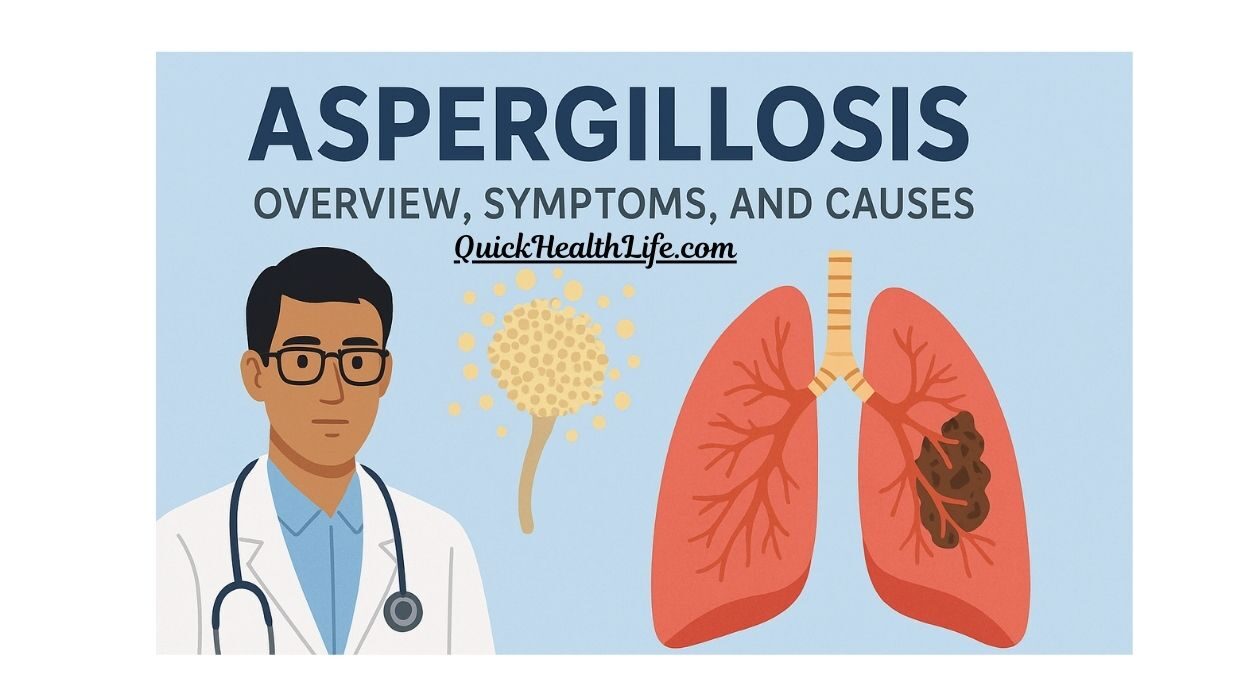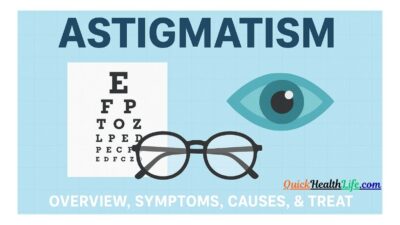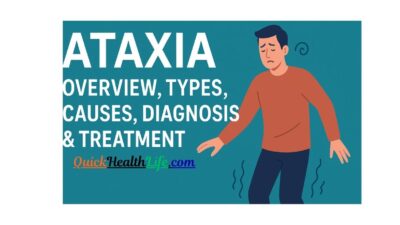What is Aspergillosis?
Aspergillosis is an infection, allergy, or reaction caused by Aspergillus fungus. This fungus is everywhere around us, but not everyone who breathes it in gets sick. The disease mainly affects:
- People with weak immune systems
- Patients with lung problems (like asthma, COPD, or tuberculosis history)
- People recovering from organ transplants or chemotherapy
There are different forms of Aspergillosis, including:
- Allergic bronchopulmonary aspergillosis (ABPA): Mostly in asthma or cystic fibrosis patients.
- Aspergilloma (fungus ball): A clump of fungus grows in lung cavities.
- Chronic pulmonary aspergillosis: Long-term lung infection.
- Invasive aspergillosis: The most dangerous form – spreads to lungs, brain, or other organs.
Table of Contents
Symptoms of Aspergillosis
Symptoms depend on the type of Aspergillosis a person has. Let’s break it down:
1. Allergic Aspergillosis (ABPA)
- Wheezing
- Shortness of breath
- Cough with mucus or blood
- Fever
2. Aspergilloma (Fungus Ball)
- Coughing up blood (sometimes large amounts)
- Shortness of breath
- Fatigue
3. Chronic Pulmonary Aspergillosis
- Cough lasting for months
- Weight loss
- Fatigue
- Chest pain
- Breathlessness
4. Invasive Aspergillosis (Life-threatening)
- Fever not responding to antibiotics
- Chest pain
- Cough with blood
- Breathing difficulty
- Headache (if spread to brain)
Important: If you notice such symptoms, especially coughing blood or constant fever, seek medical help immediately.
What is Aspergillosis Caused By?
The main cause of Aspergillosis is breathing in spores of Aspergillus fungus. These spores are too tiny to see but are present in:
- Soil
- Compost
- Dust
- Air conditioning systems
- Damp buildings
Most people inhale these spores daily without getting sick. But in people with:
- Weak immunity
- Lung diseases
- Long-term steroid or antibiotic use
…the fungus can grow and cause infection.
How is Aspergillosis Diagnosed?
Doctors use different tests to diagnose Aspergillosis because symptoms are similar to other diseases like tuberculosis (TB) or lung infections.
Common Diagnostic Tests:
- Chest X-ray or CT scan – to see fungus balls or lung damage.
- Sputum culture – checking mucus for Aspergillus fungus.
- Blood tests – detecting antibodies against the fungus.
- Biopsy – in severe cases, doctors take tissue samples.
Note: Many people confuse Aspergillosis with TB, but they are not the same. TB is caused by bacteria, while Aspergillosis is caused by fungus.
Treatment of Aspergillosis
Treatment depends on the type and severity of the infection.
1. Medications
- Antifungal drugs: The main treatment. Common ones are Voriconazole, Itraconazole, Posaconazole, Amphotericin B.
- Steroids: For allergic Aspergillosis (ABPA) to reduce inflammation.
2. Surgery
- In some cases of aspergilloma (fungus ball), surgery is needed to remove it.
3. Supportive Treatment
- Oxygen therapy for breathing problems.
- Treating underlying conditions like asthma or COPD.
Can Aspergillosis be cured?
Yes, with early diagnosis and proper antifungal treatment, many cases can be managed or cured. But invasive aspergillosis can be life-threatening if not treated quickly.
Outlook / Prognosis
- Allergic Aspergillosis: Good prognosis if treated early.
- Aspergilloma: Surgery often gives relief.
- Chronic pulmonary aspergillosis: Can be controlled but may need long-term medicines.
- Invasive Aspergillosis: Prognosis is serious – early treatment improves survival.
How to Reduce Risk of Aspergillosis?
You cannot completely avoid Aspergillus fungus, but you can reduce risk.
Prevention Tips:
- Avoid dusty or moldy places, especially if you have weak immunity.
- Wear a mask (N95) when cleaning dusty areas.
- Keep your surroundings dry and clean.
- Use HEPA air filters indoors.
- Patients with organ transplants or chemotherapy should take antifungal medications if prescribed.
Living with Aspergillosis
Living with Aspergillosis can be challenging, but with the right care, patients can manage it.
Lifestyle Tips:
- Follow medication regularly.
- Go for routine health check-ups.
- Maintain a healthy diet to boost immunity.
- Avoid smoking and alcohol.
- Do breathing exercises and light physical activity (as suggested by your doctor).
FAQs on Aspergillosis
1. What are four diseases caused by Aspergillus?
- Allergic bronchopulmonary aspergillosis (ABPA)
- Aspergilloma
- Chronic pulmonary aspergillosis
- Invasive aspergillosis
2. Is Aspergillus a TB?
No. Aspergillosis is a fungal infection, while TB is caused by bacteria.
3. Can Aspergillosis be cured?
Yes, with proper antifungal medicines and sometimes surgery. Early diagnosis gives the best results.
4. How long can a person live with Aspergillosis?
With treatment, many people live normal lives. But invasive aspergillosis is dangerous without quick treatment.
5. Aspergillosis PPT – what should it include?
A medical presentation (PPT) on Aspergillosis usually includes:
- Definition and types
- Symptoms and causes
- Diagnosis methods
- Treatment options
- Prevention and prognosis
Conclusion
Aspergillosis is a serious but manageable fungal infection. With early diagnosis, proper treatment, and lifestyle adjustments, patients can recover and live healthier lives.
I, Umesh Yadav, have been writing in the health sector for over 3 years, and my goal is to spread awareness about diseases like Aspergillosis that many people ignore until it becomes severe. If you notice symptoms like coughing blood, constant fever, or breathing difficulty, don’t wait – consult your doctor immediately.



